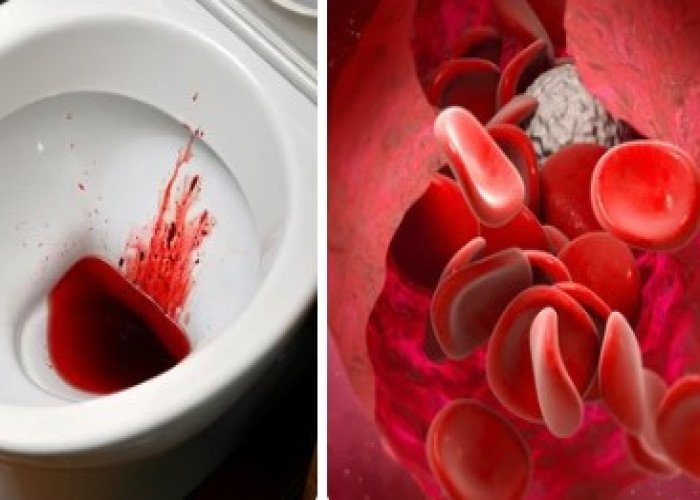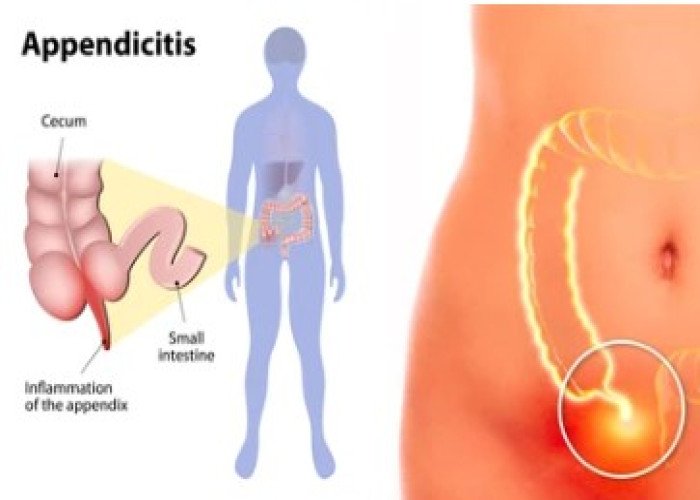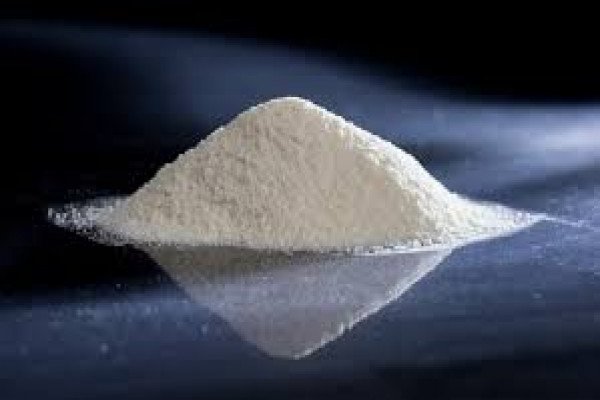 Welcome
Welcome
“May all be happy, may all be healed, may all be at peace and may no one ever suffer."
Passing gas - Homeopathic remedies
Passing Gas: Understanding Flatulence and its Causes
Flatulence, also known as passing gas, is a normal bodily function that occurs when gas builds up in the digestive system and is released through the rectum. While flatulence is a natural part of the digestive process, excessive gas can be embarrassing and uncomfortable. In this article, we will explore the causes of flatulence and what you can do to manage it.
Causes of Flatulence
There are several factors that can contribute to the production of gas in the digestive system, including:
- Swallowing Air: When we eat or drink, we also swallow air. This air can build up in the digestive system and cause gas to be released through the rectum.
- Digestive Enzymes: Digestive enzymes in the stomach and small intestine break down food into smaller particles. As a result of this process, gases such as carbon dioxide, methane, and hydrogen are released.
- Fermentation: The large intestine contains bacteria that help break down undigested food. This process can produce gases such as hydrogen, methane, and carbon dioxide.
- Food Intolerance: Certain foods, such as beans, broccoli, cabbage, and onions, contain carbohydrates that are difficult to digest. When these foods are broken down by bacteria in the large intestine, gas is produced.
- Medical Conditions: Certain medical conditions, such as irritable bowel syndrome (IBS), lactose intolerance, celiac disease, and inflammatory bowel disease (IBD), can cause excessive gas production.
Managing Flatulence
While flatulence is a normal bodily function, excessive gas can be uncomfortable and embarrassing. Here are some tips to help manage flatulence:
- Avoid Foods that Produce Gas: Foods that are known to produce gas, such as beans, broccoli, cabbage, and onions, should be avoided or eaten in moderation.
- Chew Food Slowly: Swallowing air while eating can contribute to gas production. To reduce the amount of air swallowed, chew food slowly and avoid talking while eating.
- Drink Plenty of Water: Drinking plenty of water can help prevent constipation, which can contribute to gas production.
- Exercise Regularly: Regular exercise can help stimulate digestion and reduce gas production.
- Take Probiotics: Probiotics are beneficial bacteria that can help improve digestion and reduce gas production.
- Seek Medical Attention: If flatulence is accompanied by other symptoms, such as abdominal pain, bloating, or diarrhea, it may be a sign of an underlying medical condition. In this case, it is important to seek medical attention.
Conclusion
Flatulence is a natural part of the digestive process, but excessive gas can be uncomfortable and embarrassing. By understanding the causes of flatulence and taking steps to manage it, you can reduce the discomfort and inconvenience associated with passing gas. If flatulence is accompanied by other symptoms, it is important to seek medical attention to determine the underlying cause.

Back pain

Dysentery with blood

Freckles

Urinary incontinence

Cholera

Weakness of metal

Ear infection

Appendicitis
Passing gas, বায়ু নিঃসরণ
To be happy, beautiful, healthy, wealthy, hale and long-lived stay with DM3S.
